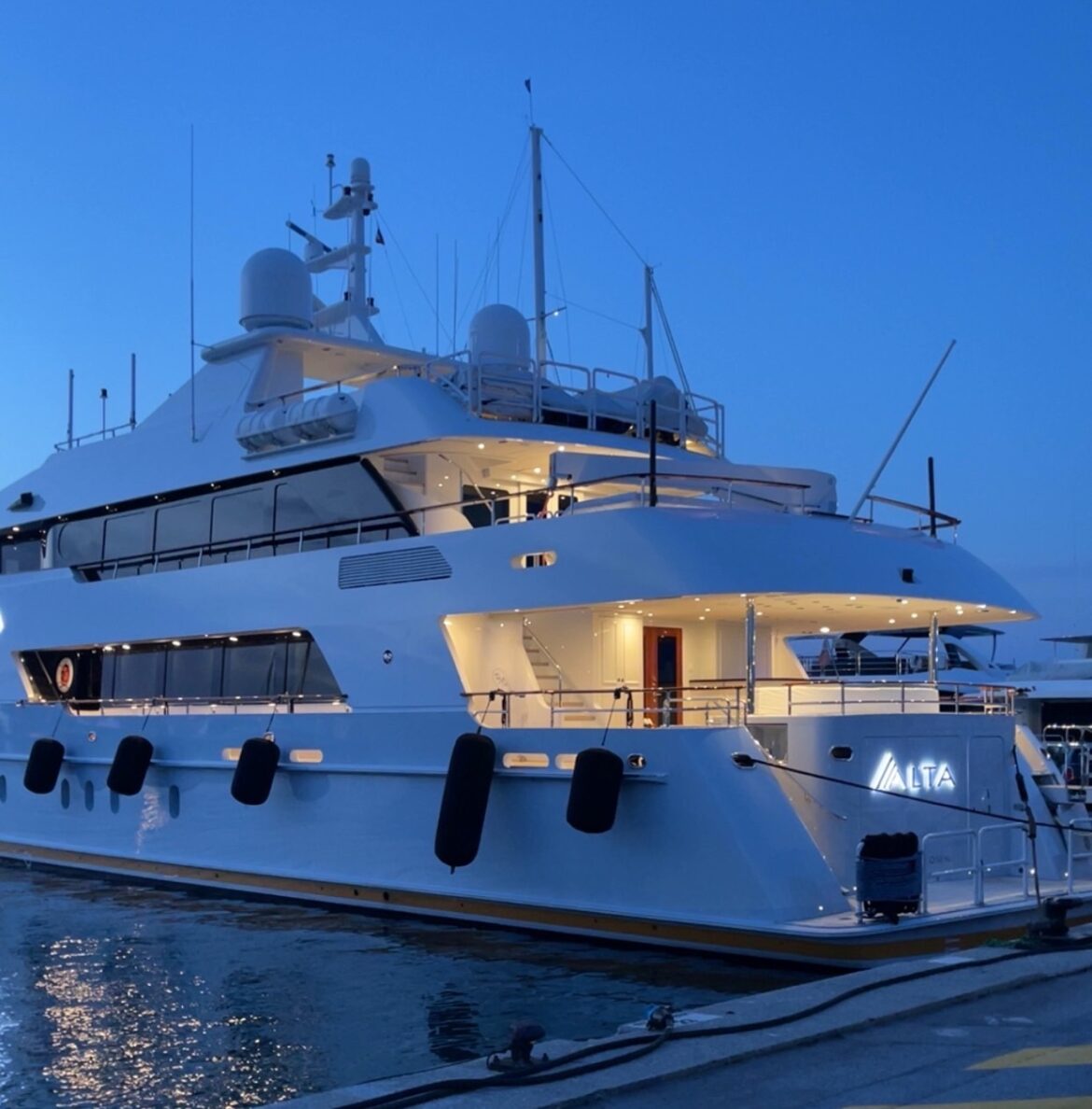Antibes, France: From Ancient Trading Port to Riviera Icon ⚓🏰🌞
Antibes, perched between Nice and Cannes on the sparkling Côte d’Azur, is a city layered with history, culture, and Mediterranean charm. Its story stretches from ancient Greek traders to Roman builders, medieval fortresses, aristocratic retreats, and a vibrant modern art scene. Let’s journey through the fascinating history of Antibes.
Ancient Beginnings: Greek and Roman Antipolis 🏺⚓
The earliest traces of settlement in Antibes date back to the Iron Age, with indigenous communities trading with Mediterranean neighbors like the Etruscans. In the 5th century BC, Greek colonists from Massalia (Marseille) founded a trading post here, naming it Antipolis (“opposite city”), referencing its position across the Var estuary from Nice. The Greeks established Antipolis as a key port, benefiting from Marseille’s protection and trade networks.
By the 2nd century BC, Antipolis became part of the Roman Empire. Roman rule brought prosperity and urban development: roads, aqueducts, an amphitheatre, thermal baths, and a bustling agora. The town thrived as a commercial hub, exporting wine, oil, ceramics, and the famous fish sauce garum to Roman tables. Remnants of these ancient structures can still be found beneath the modern city.
Medieval Turmoil and Fortification 🛡️🏰
With the fall of Rome, Antibes endured centuries of invasions and instability. Barbarian raids and pirate attacks-most notably by Saracen pirates in 1124-devastated the town. The medieval period saw Antibes fortified with ramparts and towers, and the construction of the Antibes Cathedral by Bishop Armentarius in the 5th century. The cathedral was destroyed and rebuilt multiple times, reflecting the city’s turbulent history.
During the Renaissance, Antibes became a critical border town after Provence was annexed to France in 1481. Its strategic position at the southeastern edge of France made it a frontline defense against the County of Nice and the House of Savoy. The town was sacked in 1536 by Genoese admiral Andrea Doria, prompting King Henry II to commission the construction of the Fort Carré in 1550. The renowned engineer Vauban later reinforced the citadel, ensuring Antibes’ place as a military stronghold.
From Fortress to Resort: Antibes in the Modern Era 🌅🏖️
Antibes’ military significance waned in the 19th century, especially after Nice became part of France in 1860 and the border shifted east. The town began to expand beyond its ramparts, embracing the surrounding countryside and the Cap d’Antibes peninsula. The demolition of some city walls allowed for growth and new development, including the creation of the seaside resort Juan-les-Pins in 1882.
The late 19th and early 20th centuries saw Antibes transform into a playground for the wealthy and creative. The natural beauty of the coastline attracted aristocrats, artists, and writers, who built grand villas and luxury hotels. The Hôtel du Cap-Eden-Roc, established in 1870, became a legendary retreat for celebrities and royalty.
20th Century: Liberation, Art, and Picasso 🎨🖌️✌️
During World War II, Antibes was occupied, but in August 1944, the city was liberated as Allied forces advanced through Provence. The liberation was marked by moments of tension and celebration as residents reclaimed their city.
In 1946, Pablo Picasso arrived in Antibes, staying at the Château Grimaldi. Inspired by the light and atmosphere, he created numerous works in just six months and left many to the city. The château is now the renowned Picasso Museum, a testament to Antibes’ enduring connection to the arts.
Antibes Today: Heritage and Riviera Lifestyle 🌞🎉🎭
Modern Antibes blends its rich past with a vibrant present. The old town’s narrow cobbled streets, bustling markets, and ancient ramparts invite exploration. The Fort Carré stands as a monument to its defensive history, while the Garoupe Lighthouse offers panoramic views of the coast. Annual festivals like Jazz à Juan 🎷 and Les Voiles d’Antibes ⛵ celebrate the city’s cultural spirit.
Antibes remains a destination for travelers seeking history, art, and the timeless allure of the Mediterranean.
Antibes’ story is one of resilience and reinvention-from ancient trading post to fortified border town, to a haven for artists and travelers. Its sunlit streets, historic landmarks, and creative energy make it a true jewel of the French Riviera. 🌟🌊
